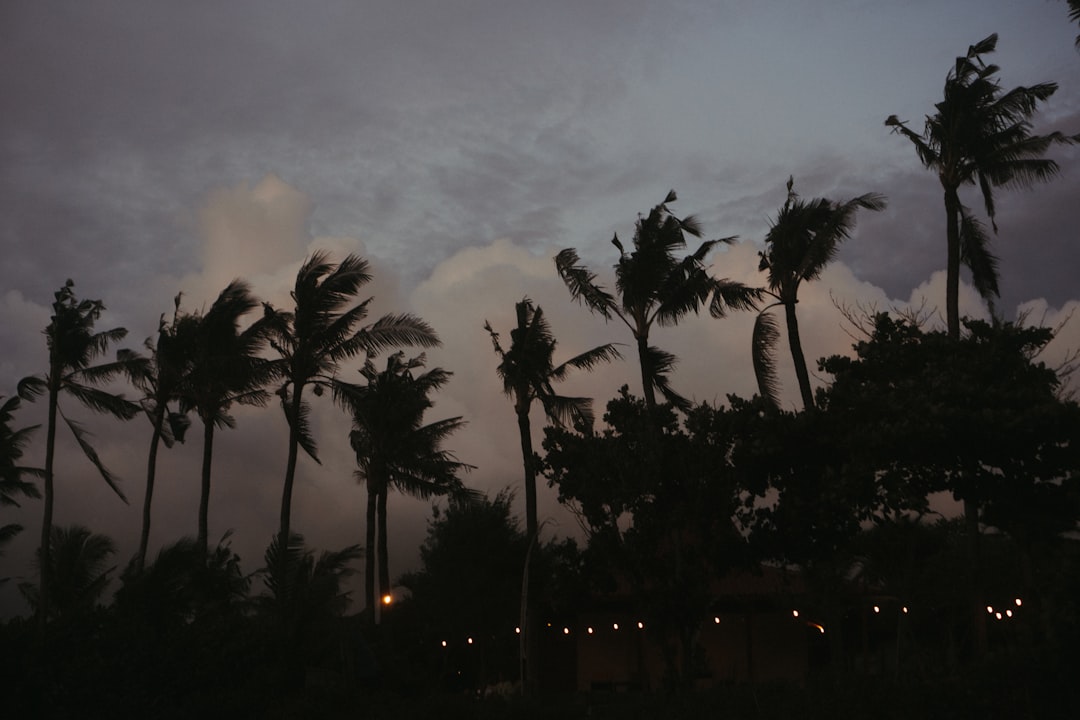Vulnerable Groups During Crisis
Oxford Research Encyclopedia of Politics, Encyclopedia of Crisis Analysis2021
During crisis events such as humanitarian conflicts, population displacement, natural disasters, and others, some people are more vulnerable to long-term physical, psychological, and overall adverse outcomes. Aspects of context that affect vulnerability include: (a) the nature of the hazard or conflict event; (b) the geographic location and structural surroundings; and (c) involvement of key groups during crisis. The nature of the event includes barriers for access to well-being in high-income and low-income contexts, the speed of onset of the hazard, the scope and type of hazard (localized or catastrophic, natural or technological, and other factors). Geographic location and structural surroundings include factors such as isolation caused by an island context, structural mitigation (such as earthquake-resistant construction), pollution and environmental exposure, and implementation of land use planning or sustainable farming. Finally, with regard to involvement of key groups in crisis, it is important to consider ways in which group coordination, logistics, cultural competency, public policy, social movements, and other mechanisms can exacerbate or improve conditions for vulnerable groups.
View more
The role of homelessness community based organizations during COVID‐19
Journal of Community Psychology2022
People experiencing homelessness are vulnerable to disasters and hazards and are at risk for contracting COVID‐19. In this study, we gathered data from 10 community‐based organizations (CBO's) in the United States that work to provide services for people experiencing homelessness. The combined CBO's span across rural, urban, and a mixture of both settings. We identified three needs that the CBO's indicated to be urgent: (1) the increased need for basic services among guests/clients, (2) new organizational challenges for the CBO's, and (3) issues related to emergency management and disasters. Among these urgent needs, respondents also indicated the need for emotional support for staff and volunteers experiencing burnout during the COVID‐19 response. They also expressed some unique aspects of new care delivery systems, such as clients' willingness to engage in rehabilitation programs because of noncongregate sheltering options corresponding with those support services.
View more
Exploratory study: the COVID-19 pandemic and community-based animal organisations and households in the USA
Australian Journal of Emergency Management2021
The COVID-19 pandemic has changed many aspects of human systems. Gaps in community services for people with companion animals can prevent people from seeking care during a pandemic or create other issues. This paper describes exploratory research to identify some key challenges and successes for animal services providers and for households with companion animals. Using data from 19 USA states were gathered using an online survey and respondents were from 13 animal services organisations and 90 households. Themes were identified based on organisational-level challenges or successes, as well as themes at the household level. These findings may be useful for emergency managers and planners who design outreach and support services for people with companion animals, for example, planning for low-cost animal boarding services for people hospitalised or unable to care for their animal.
View more
Maternal stress and social support during Hurricane Florence
Health Care for Women International2022
In theoretical research on disaster vulnerability, access to resources is critical for optimal outcomes. Studying the impact of a hurricane on maternal stress can expand theories of disaster vulnerability. This is a cross-sectional mixed-methods prospective study of maternal stress during Hurricane Florence in the United States. Results from chi-squares compared the proportion of respondents who reported having support for a financial emergency were significant, specifically that higher income respondents indicated the ability to rely on someone in case of an emergency. A regression analysis indicated that social support was significant and negatively related to stress as a dependent variable, while evacuation status and pregnancy status were not significant predictors of stress. Five themes emerged from the overall qualitative data: concerns about infant feeding, evacuation logistics, general stress, family roles, and 'other' issues.
View more
Maternal and infant health in disasters: Texas’s high-risk landscape
Women's Health2022
Disasters are events in which “widespread disruption and damage to a community exceeds its ability to cope and overwhelms its resources.” The people of Texas have experienced more than disruptions—they know that disasters can impact their families and communities. Disasters can also cause physical trauma for pregnant people and infants and are associated with other complications in pregnancy and birth.
View more







